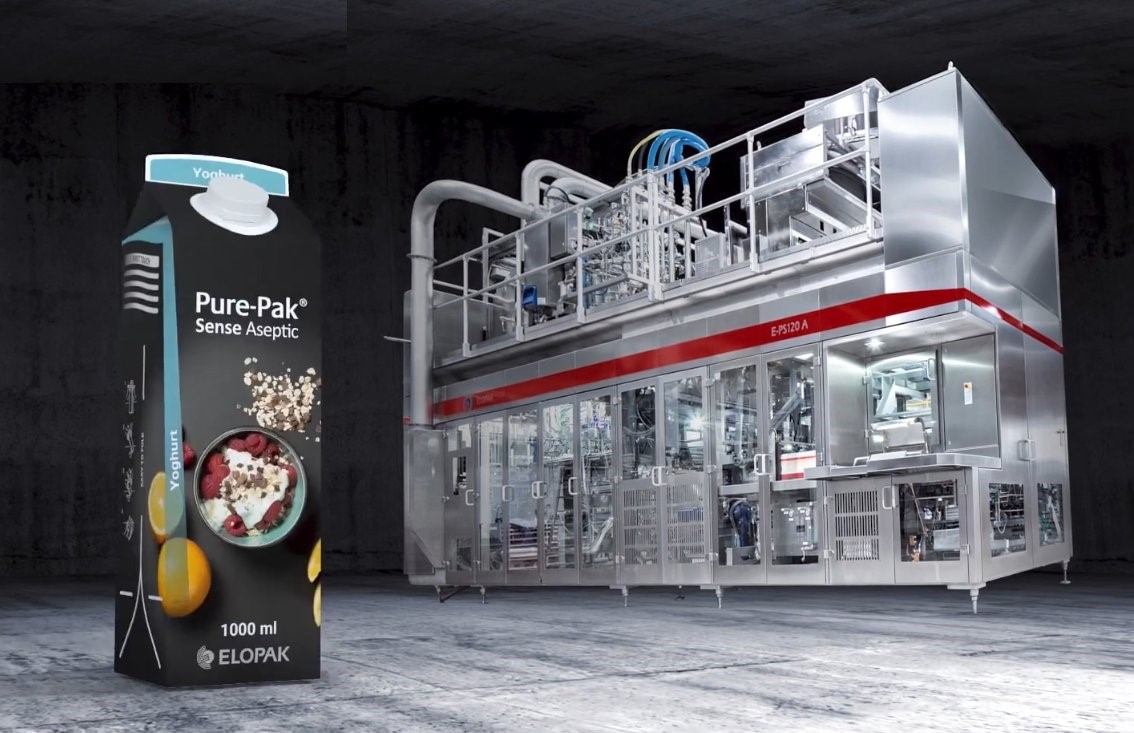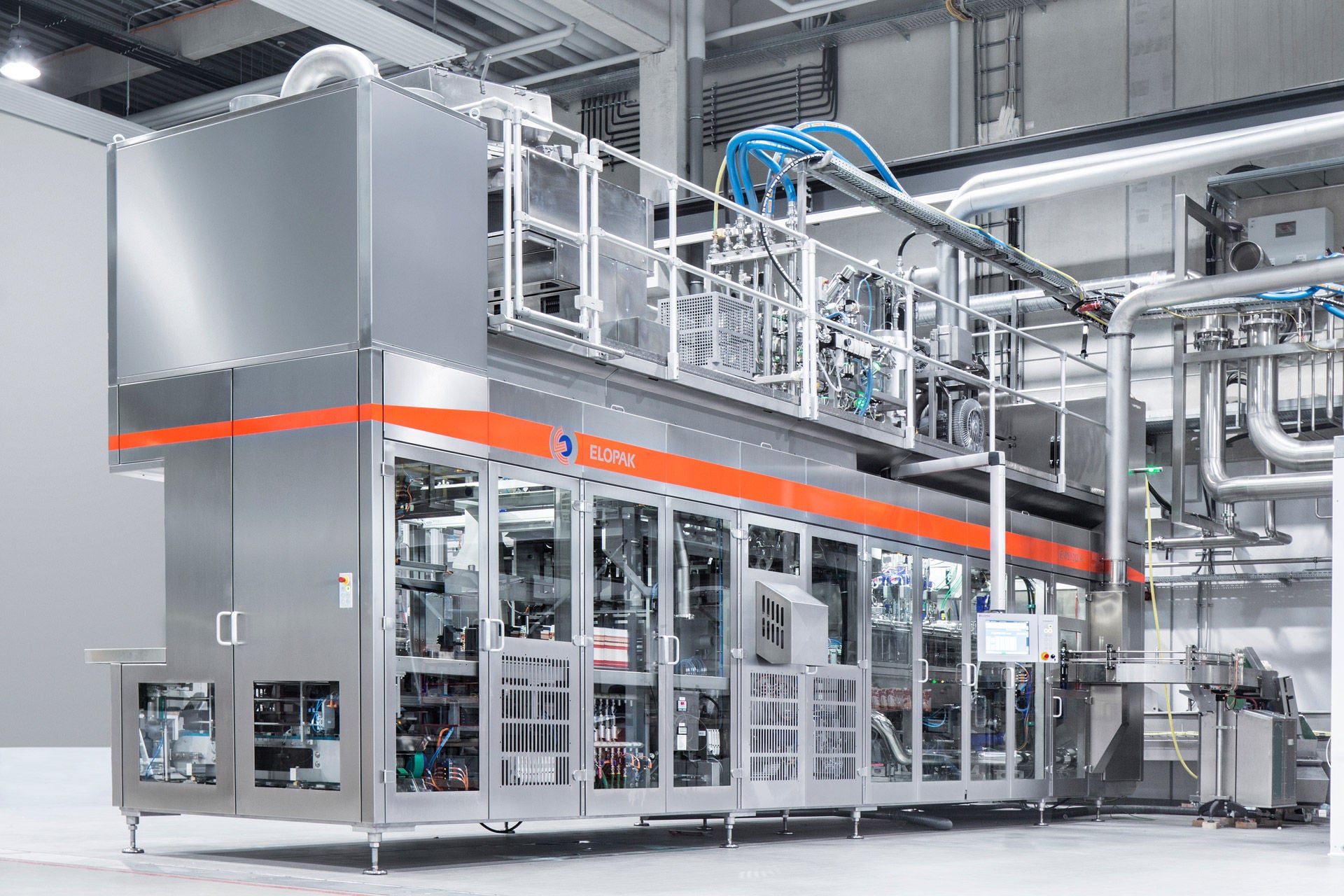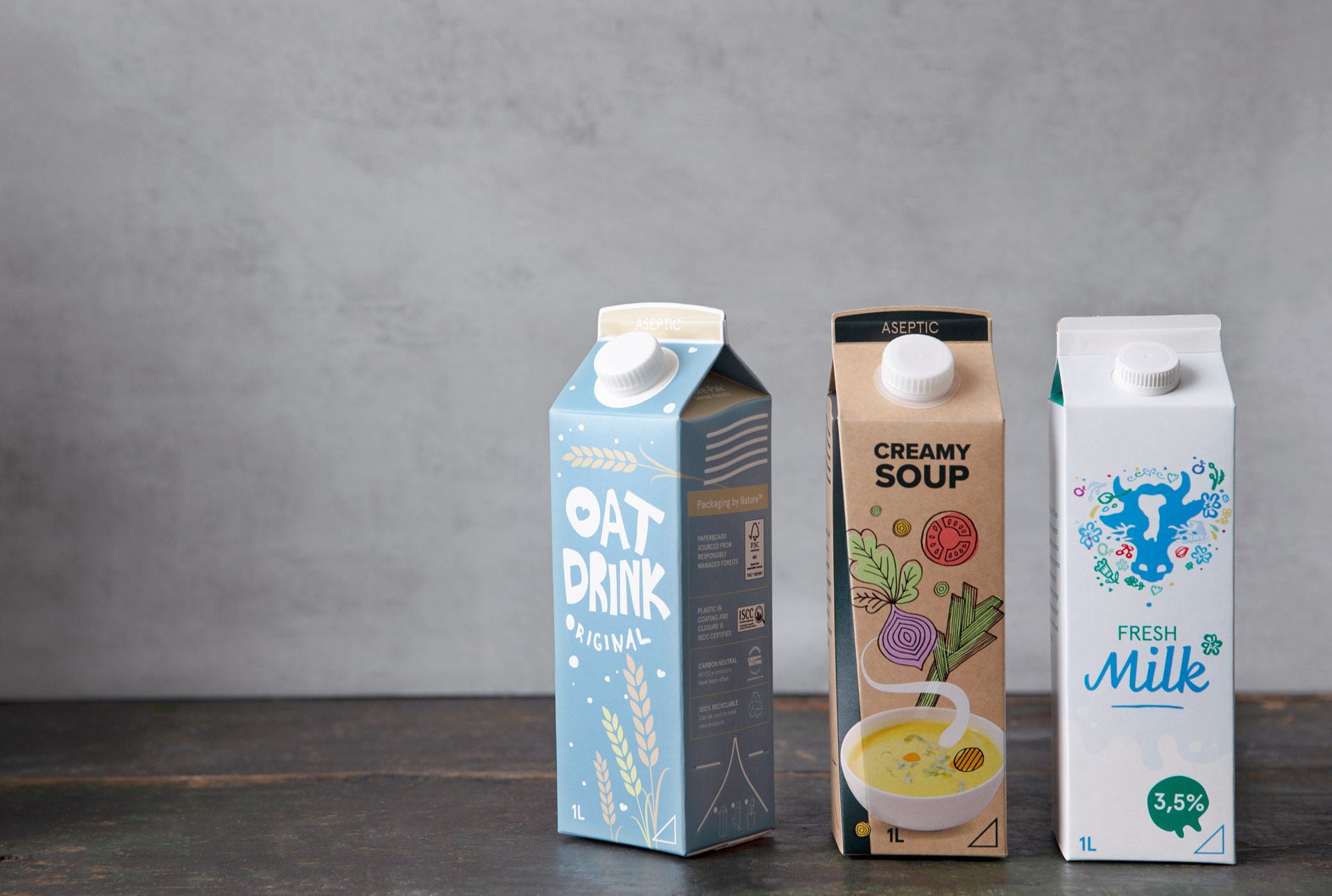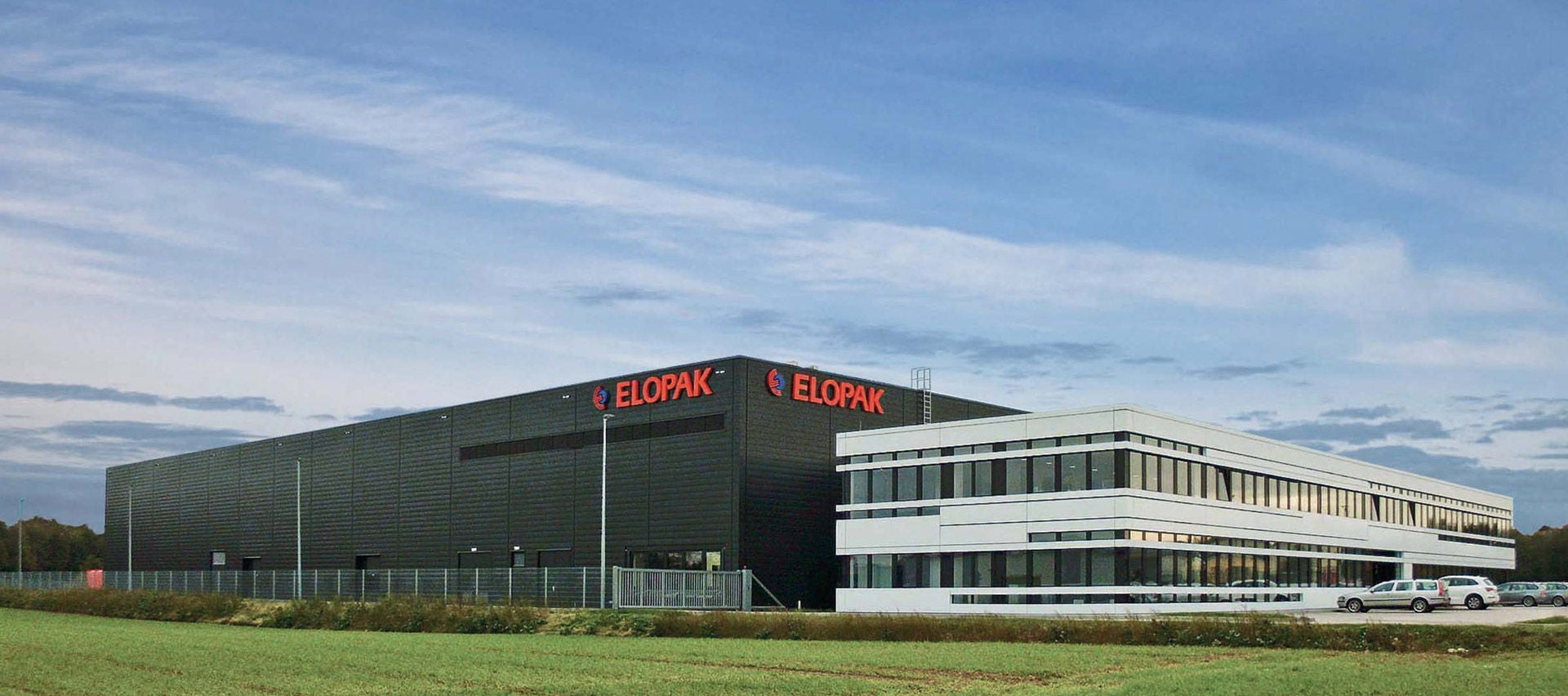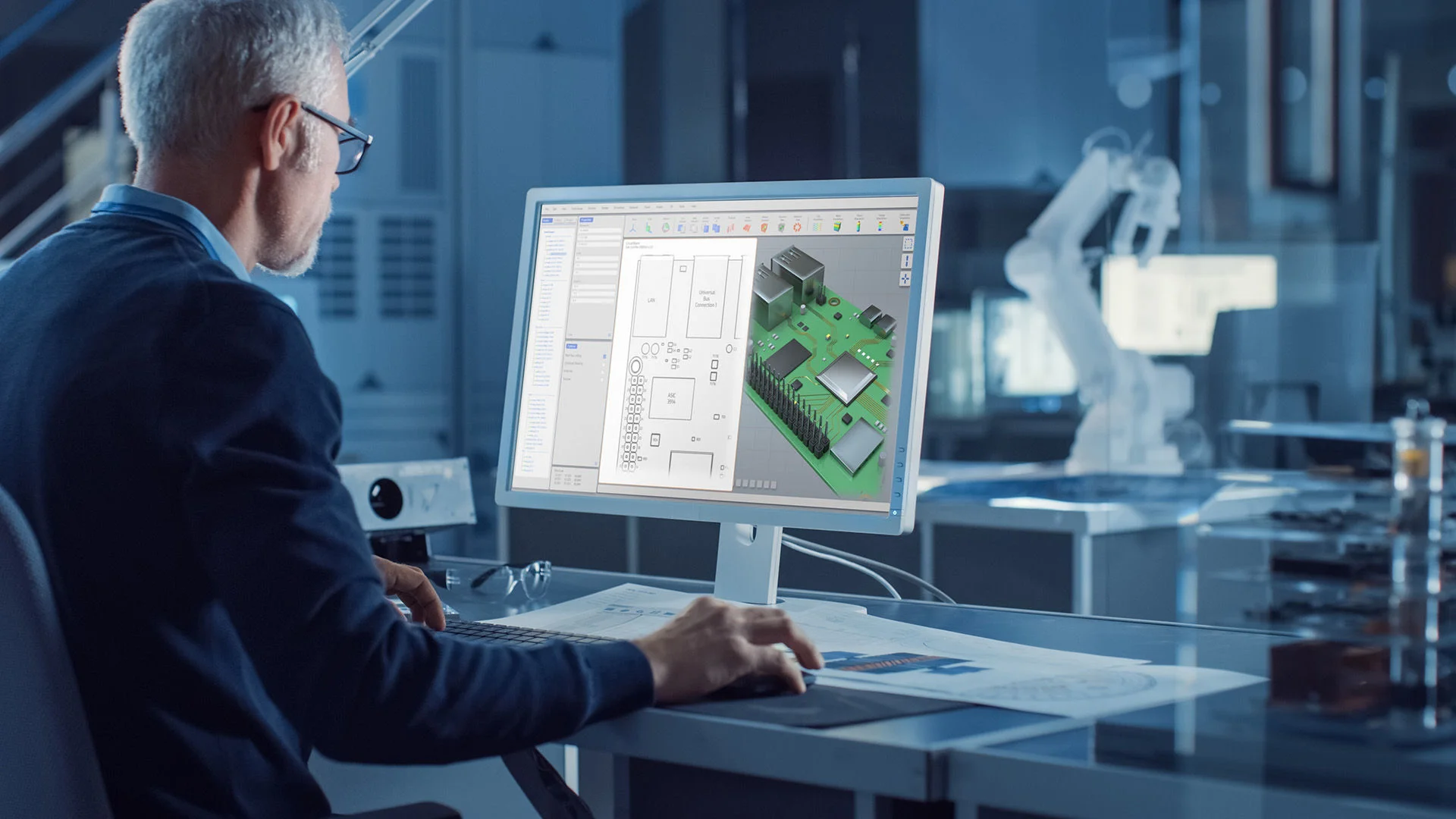Sophisticated filling equipment
ELOPAK is one of the world’s leading manufacturers supplying businesses in the food and beverage industry with complete packaging systems for liquid and paste-like food products. Printed, embossed and die-cut composite carton blanks, closures and required filling equipment all come from a single source, ensuring optimum compatibility between products, packaging and filling technology. More than 300 engineers and maintenance technicians are responsible for developing, installing and maintaining the filling systems.
ELOPAK’s latest E-PS120A aseptic filling platform is capable of processing up to 12,000 cartons per hour, while also having the flexibility to fill high or low viscosity liquids into cartons of different designs, sizes and closures. Around 70 development engineers at ELOPAK’s Monchengladbach site are using SOLIDWORKS for mechanical design and Eplan Electric P8, Eplan Fluid and Eplan Pro Panel for planning the electrical and fluid engineering components of the filling machines. Designers from all disciplines previously used a PLM system to store all product-relevant data.
Efficiency driven by ERP integration
ELOPAK was not fully utilizing the PLM functions of the replaced PLM system in all areas. Workflow mechanisms were only being used in mechanical design. EPLAN data was only stored in the system as completed plans. Linking the existing PLM system to the previous in-house ERP system was detrimental to efficiency and considerable effort was required to ensure cross-discipline data consistency. This led to dissatisfaction in both the business administration and design departments. Some there still recalled the difficulties encountered during the initial implementation of the software. “The Workgroup Manager in particular had significant system-related errors,” recalls René Wolters, Specialist CAD & PLM / Service and Knowledge Management at ELOPAK. “Despite a lot of overtime, we barely achieved any output for the first four months.”

